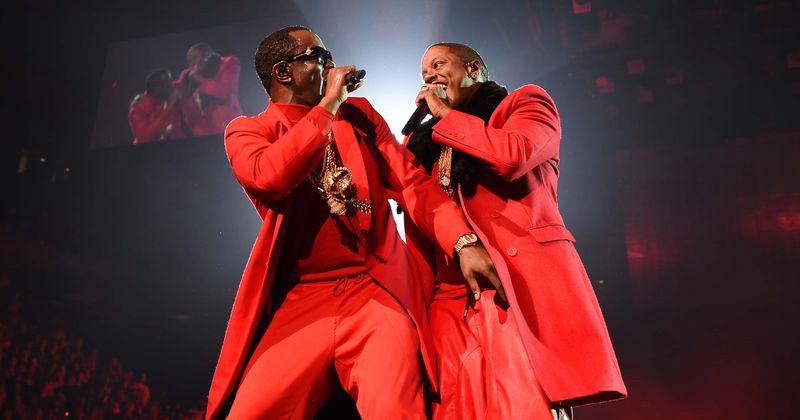When industry recognition finally knocks, it doesn’t come bearing a manual on how a musician should make smart choices. But for artists, making smart choices and deals early is critical to ensuring the integrity of their work and securing future earnings.
This past week, rapper Mase took to social media to call out his former label head, Diddy. His concerns centered around ownership of his masters — the recordings from which all licensing and royalty agreements flow: “You bought it (Mase’ master publishings) for about 20k & I offered you 2m in cash. This is not black excellence at all. When our own race is enslaving us. If it’s about us owning, it can’t be about us owning each other.”
His position begs the question — would Mase have signed away the rights to his publishing had he truly understood the finality and magnitude of his actions?
Old problem, new solutions
Mase is far from the first to fight with a label over masters. For decades, artists of color — from Prince to Frank Ocean — have sounded the alarm on the perils of the music business. “If you don’t own your masters, your master owns you,” Prince, who famously fought with Warner Bros. over the rights to his music, told Rolling Stone in 1996.
Some, like Ocean, find clever ways out of bad deals. Endless was his final album under Def Jam, and concluded what Ocean called a “seven-year chess game” with the label. His obligations to the label ended, and he bought back his masters. He released his next album, Blonde, independently.
Hip-hop pioneers De La Soul simply stopped asking for permission to control their work. After fighting long and hard for parts of their back catalogue to get released onto streaming platforms, they released the music for free on a file-sharing platform, much to their label’s chagrin.
The Music Industry Will Never Be the Same
With how we create, consume, share, and ultimately monetize music evolving, it’s even more critical that artists understand what rights they are (or are not) signing away. A once vertical industry is now flattening under the pressure of decreased production costs, more options for reaching fans, and new economic models — we are witnessing the birth of a democratized music industry.
This democratization has already disrupted several facets of the industry; from how music is funded and monetized, to the dynamics of copyright ownership, and the relationships between artists and traditional intermediaries to the market. Take streaming for example, it has forever changed how we consume, find and share music. In the first half of 2019, music streaming, both subscription-based and ad-supported, accounted for 80 percent of U.S. music revenues, up from just 5 percent at the end of the last decade.These new models give leverage to financially vulnerable artists and empower them to avoid signing away their rights for short-term cash.
Some artists are embracing this independent spirit, and wielding the power of new technologies like Soundcloud and SoundBetter to subvert traditional routes to market paved with unfair record deals. Take Memphis rapper NLE Choppa for example — he was able to break through when he uploaded the YouTube smash single “Shotta Flow,” which peaked at №12 on Billboard ’s Hot Rap Songs chart and boasts over 120 million views on YouTube. Soon after, Choppa was at the center of a bidding war between several labels with offers reportedly going as high as $3 million. Realizing his value and leverage, the rapper instead opted for a distribution partnership with Steve Stoute’s independent distribution company UnitedMasters, retaining full ownership of his master recordings. He later entered a joint venture with Warner Music.
As more innovation enters the music industry, the value of masters and the power of artists will continue to grow. Every artist should be conscious of this inevitability, whether they sign a deal or not. The industry may change — but a contract isn’t so malleable.


